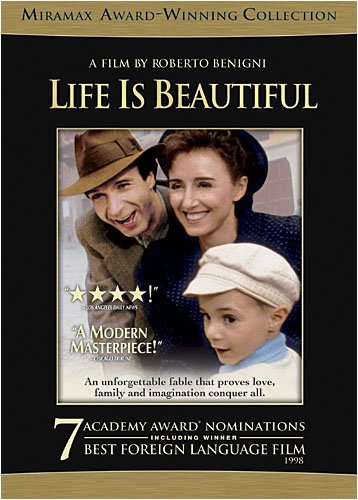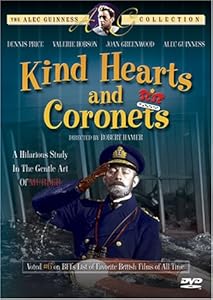Steven Spielberg
has always had a penchant for the grandiose. It is very much on display
in Saving Private Ryan, both in the enormous scope of the project and the scale of violence. At the time of its release, this film was hailed as markedly
graphic. Watching it today, after the last decade of
Tarantino and the desensitization that accompanies that, it's hard to comment, but it is still shocking and unlike films like Braveheart, it
imbues every death with importance, even those of faceless soldiers on the
beaches of Normandy.
Certainly unlike Braveheart, it has enough respect for the enemy to not draw them as one-dimensional Disney villains. They are Nazis, but they are human beings. (It was clear, to me at least, that the one cruel decision made by a Nazi was impersonal and almost accidental, once again driving home the point that in wartime, there is no time to stop and think, to pause and pick out one man in the mayhem.)
Certainly unlike Braveheart, it has enough respect for the enemy to not draw them as one-dimensional Disney villains. They are Nazis, but they are human beings. (It was clear, to me at least, that the one cruel decision made by a Nazi was impersonal and almost accidental, once again driving home the point that in wartime, there is no time to stop and think, to pause and pick out one man in the mayhem.)












